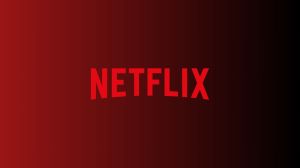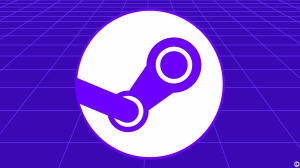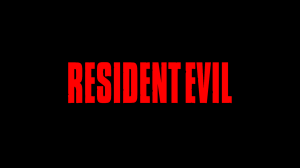Following the events of DC Comics’s Crisis on Infinite Earths, there was only one universe — although that’s a bit of an exaggeration, since the publisher continued to publish “Elseworlds” stories that took place out of continuity for years, ultimately folding those tales into a new multiverse following the events of 2005’s Infinite Crisis. The one universe that existed and drove DC’s narrative for almost 20 years was cluttered with characters, concepts, and plot points from various eras of publishing at DC as well as characters imported from companies like Charlton and Fawcett, which DC had acquired over the years.
Videos by ComicBook.com
Now, following the events of The CW‘s “Crisis on Infinite Earths,” there is functionally only one universe. Yes, a new multiverse was established at the end of the crossover event, but a subsequent episode of Supergirl made it clear that the heroes of Earth-Prime (which merged Earth-1 with the worlds that housed Black Lightning and Supergirl) are unaware of the multiverse and cannot access it at present.
In the comics, this turned into something of a headache, with regular continuity questions raised and some decisions proving unpopular with fans. The first attempt by DC to “fix” this came in the form of Zero Hour, a crossover event that was, if not a direct sequel to Crisis on Infinite Earths, at least a close approximation of one. The story included appearances by Superboy — a character who did not exist in the post-Crisis continuity — as well as Batgirl (who by this point in the story had been shot and was the wheelchair-using heroine Oracle), and even characters like the Alpha-Centurion, who had yet to appear in continuity.
The reason for their appearances, as well as other, unexplainable temporal anomalies, was that the villain Parallax was launching an attack on time itself. Hal Jordan, the then-former, now-current Green Lantern, had lost his mind and become a villain as a result of the events surrounding the “Emerald Dawn” storyline in Green Lantern. Taking the power of the Central Battery on Oa into his body, he called himself Parallax, and decided that the tragedy that sent him down his dark path should never have happened.
Neither, he reasoned, should any number of other tragic events. He planned to use the all-consuming wave of entropy (basically the Crisis antimatter wave by any other name) to eat away at time from the beginning and end, finally destroying the universe so that it could be rebuilt in a way that he approved of.
In the final issue of Zero Hour, Parallax had succeeded in destroying all of reality, but the hero Waverider had managed to hide a number of heroes to Vanishing Point, where they planned a final assault on the villain. When it happened, Parallax had been sufficiently weakened that he could be held in place by Green Lantern Kyle Rayner. Oliver Queen, with deep regret, took aim and fired an arrow into his old friend Hal, seemingly killing him and ending the battle. After that, the heroes triggered a new Big Bang and let the universe chart its own course, resulting in some continuity tweaks, but not at the direction of any one person.
Oliver Queen’s role in stopping Parallax seems a bit more ironic when you realize that, with the resurrection of several previously-dead Arrow cast members, an argument could be made that Oliver used his position as The Spectre to manipulate the launch of reality in a way that essentially rewrote it the same way Hal Jordan had intended to.
This is not a serious argument that Oliver should not have saved the universe, or even that it was immoral to bring back some of the people hurt by his years-long war on crime.Instead, it’s fun to look at these things in context, acknowledging that the very same thing Oliver did for good and mostly selfless reasons here could have easily been perverted in the hands of someone who was less of a good man and less of a hero.
If you want to get more of a sense of how some of Oliver’s changes have impacted the post-“Crisis on Infinite Earths” Arrowverse, check out the Arrow series finale, “Fadeout,” tomorrow









